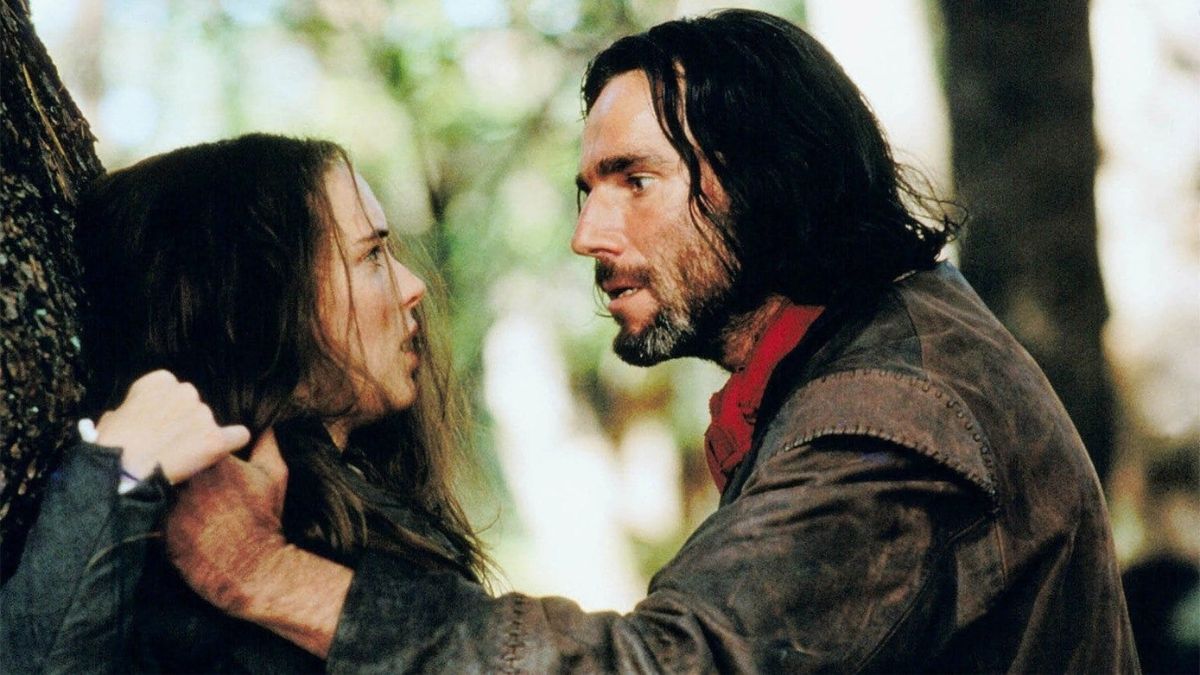Robert Redford Monologues
Bob Woodward Monologues
I went over there; I talked to them. They said Hunt hadn't worked there for three months. Then a PR guy said this weird thing to me. He said, "I am convinced that neither Mr. Colson nor anyone else at the White House had any knowledge of, or participation in, this deplorable incident at the Democratic National Committee."
I never asked about Watergate. I simply asked what were Hunt's duties at the White House. They volunteered he was innocent when nobody asked if he was guilty.
The story is dry. All we've got are pieces. We can't seem to figure out what the puzzle is supposed to look like. John Mitchell resigns as the head of CREEP, and says that he wants to spend more time with his family. I mean, it sounds like bullshit, we don't exactly believe that…
Hunt's come in from the cold. Supposedly he's got a lawyer with $25,000 in a brown paper bag.
If you're gonna do it, do it right. If you're gonna hype it, hype it with the facts. I don't mind what you did. I mind the way you did it.
Look, I'm tired of your chickenshit games! I don't want hints! I need to know what you know!
It's just profile information, mostly. We know, for example, that he works for Mullen and Company, or did work for Mullen and Company, as a writer. He's also a novelist; we know that he works in the office of Charles Colson at the White House…
A little while ago I was talking to a couple of the lawyers assigned to represent the burglars.
They never would have been assigned to represent the burglars had anyone known that the burglars had arranged for their own counsel. Only, the burglars couldn't have arranged for their own counsel since they never even made a phone call. So, if no one asked you to be here, why are you here?
And he can ask me an address. Now, is the man interrogating me or is he lost? What kind of story do I write? What kind of deduction do I make from that?
She's an awfully good reporter. I don't remember her getting that much wrong before. Do you?
Tom Logan Monologues
Ladies and gentlemen, Chelsea Deardon didn't kill Victor Taft. The prosecution has suggested a possible motive, but one based on hearsay, conjecture and circumstantial evidence. Evidence that appears to have some substance, but upon closer examination, will prove to have no relevance whatsoever to this case.
You're not buying this, are you? You're not listening to a word I'm saying. Yeah? Guess what? I don't blame you. After listening to Mr. Blanchard lay out the prosecution's evidence, even I'M convinced my client murdered Victor Taft.
After all, if I had found Victor Taft, dead on the floor, and Chelsea Deardon's fingerprints on the weapon, there isn't much that would convince ME she isn't guilty. Look, let's save ourselves a lot of time. Let's be honest. There are better things we could be doing. Who thinks Chelsea Deardon's guilty?
Only when they lie to me.
Tom Booker Monologues
There was a boy from the Blackfeet reservation, he used to do some work around here for a while. Sixteen, strong kid, good kid. He and I were really, really good friends. One day he went swimming and dove headfirst into the lake… and right into a rock. And it snapped his neck, paralyzed him. And after the accident I'd look in on him from time to time. But he wasn't there. It was like his mind, his spirit, whatever you want to call it, just disappeared. The only thing left was just anger. Just sort of as if the… the boy I once knew just went somewhere else.
I know you do. Don't you disappear. You do whatever you have to do to hold on.
I didn't know that it was right to love her. I just loved her.
You get born a bull you have a 90% chance of being castrated. Served up as hamburger. So on balance, I reckon I'd choose bein' a cow.
What went on out there with Pilgrim?
See Grace, I've got a problem. When I work with a horse, I like to know its history. Now sometimes, a horse, in their own way, can pretty much tell you the whole story. But sometimes, they get so messed up in their head that you need more to go on. Now I don't know how you feel about talking about it. And if you don't feel like it, I understand. But if I'm gonna figure out what's going on in his head, it sure would help me if I understood exactly what happened that day. You know, not today. Whenever you feel like it. I'll leave that up to you.
John Gage Monologues
I remember once when I was young, and I was coming back from some place, a movie or something. I was on the subway and there was a girl sitting across from me and she was wearing this dress that was bottoned queer up right to here, she was the most beautiful thing I've ever seen. And I was shy then, so when she would look at me I would look away, then afterwards when I would look back she would look away. Then I got to where I was gonna get off, and got off, the doors closed, and as the train was pulling away she looked right at me and gave me the most incredible smile. It was awful, I wanted to tear the doors open. And I went back every night, same time, for two weeks, but she never showed up. That was 30 years ago and I don't think that theres a day that goes by that I don't think about her, I don't want that to happen again. Just one dance?
That's a reflex answer because you view the question as hypothetical. But let's say that there was real money backing it up. I'm not kidding. A million dollars. The night would come and go but the money could last a lifetime. Think of it. A million dollars. A lifetime of security… for one night. Don't answer right away. Just consider it; seriously?
Well then you've proved your point. There are limits to what money can buy. It's late, and I hate to admit it, but I have meetings in the morning. May I have one dance? With your permission.
Understood. I wouldn't part with her either. Good night.
Even a common ordinary brick wants to be something more than it is - wants to be something better than it is. And that is what we must be... See you on Friday.
Older Norman Maclean Monologues
Long ago, when I was a young man, my father said to me, "Norman, you like to write stories." And I said "Yes, I do." Then he said, "Someday, when you're ready you might tell our family story. Only then will you understand what happened and why."
Dear Jesse, as the moon lingers a moment over the bitterroots, before its descent into the invisible, my mind is filled with song. I find I am humming softly; not to the music, but something else; some place else; a place remembered; a field of grass where no one seemed to have been; except a deer; and the memory is strengthened by the feeling of you, dancing in my awkward arms.
As time passed, my father struggled for more to hold on to, asking me again and again: had I told him everything. And finally I said to him, "maybe all I know about Paul is that he was a fine fisherman." "You know more than that," my father said, "he was beautiful." And that was the last time we spoke of my brother's death.
My father was very sure about certain matters pertaining to the universe. To him, all good things - trout as well as eternal salvation - came by grace; and grace comes by art; and art does not come easy.
The Burns family run a general store in a one store town and still managed to do badly. They were Methodists, a denomination my father referred to as Baptists who could read.
In our family, there was no clear line between religion and fly fishing.
That was the only time we fought. Perhaps we wondered after which one of us was tougher. But if boyhood questions aren't answered before a certain point, they can't be raised again. So we returned to being gracious to one another, as the church well suggested.
And I knew just as surely, just as clearly, that life is not a work of art, and that the moment could not last.
My father looked at me for a long time, just looked at me and this was the last he and I ever said to me about Paul's death. Indirectly though, he was present in many of our conversations. Once for instance, my father asked me a series of questions that suddenly make me wonder if I understood even my father, whom I felt closer to than any man I have ever known. "You like to tell true stories?" he asked and I answered, "Yes, I like to tell stories that are true." Then he asked, "After you have finished your true stories sometime, why don't you make up a story and the people to go with it? Only then will you understand what happened and why. It is those we live with and love and should know who elude us."
She still wore the divided skirts of a horsewoman, although they must been a hardship in her new profession.
Like many fly fishermen in western Montana where the summer days are almost Arctic in length, I often do not start fishing until the cool of the evening. Then in the Arctic half-light of the canyon, all existence fades to a being with my soul and memories and the sounds of the Big Blackfoot River and a four-count rhythm and the hope that a fish will rise. Eventually, all things merge into one, and a river runs through it. The river was cut by the world's great flood and runs over rocks from the basement of time. On some of those rocks are timeless raindrops. Under the rocks are the words, and some of the words are theirs. I am haunted by waters.



